Personal Finance
Advertiser Disclosure

Best Bank Accounts for Kids (Checking and Savings) in February 2025
The best bank accounts for kids include checking and savings accounts from online banks, neobanks, and traditional banks.

Best Student Checking Accounts for February 2025
The best student checking accounts come with no fees and meet the needs of a modern student. Find the best student checking accounts.
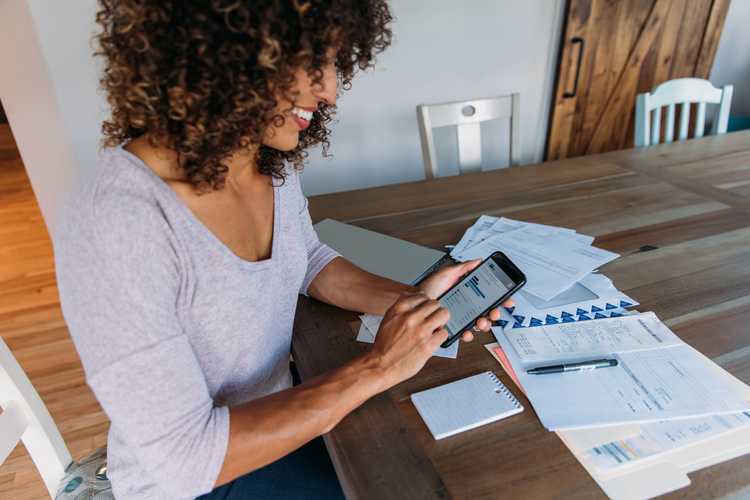
11 Best Checking Accounts in February 2025
The best checking accounts offer numerous benefits, such as no fees, special offers for opening an account, and high annual percentage yields.

Best High-Yield Checking Accounts for February 2025
High-yield checking accounts let you earn interest on your idle cash. Find the best high-interest checking accounts here.
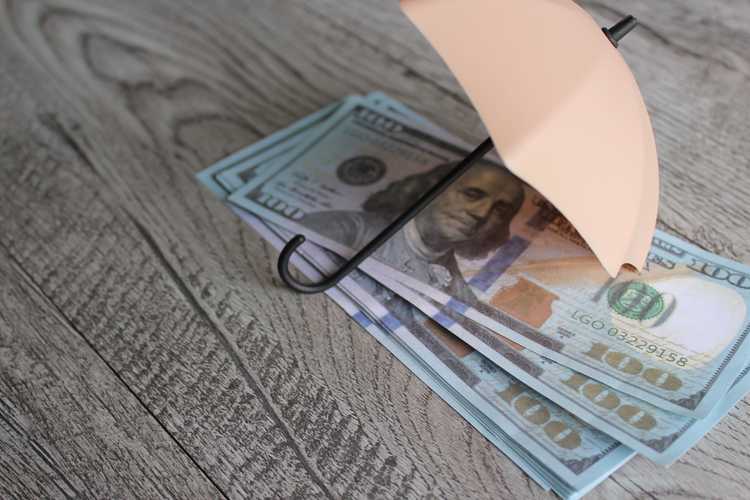
Best Banks for Overdraft in February 2025
Choosing a bank that offers overdraft protection comes with numerous perks, such as not worrying about declined transactions or paying extortionate fees.
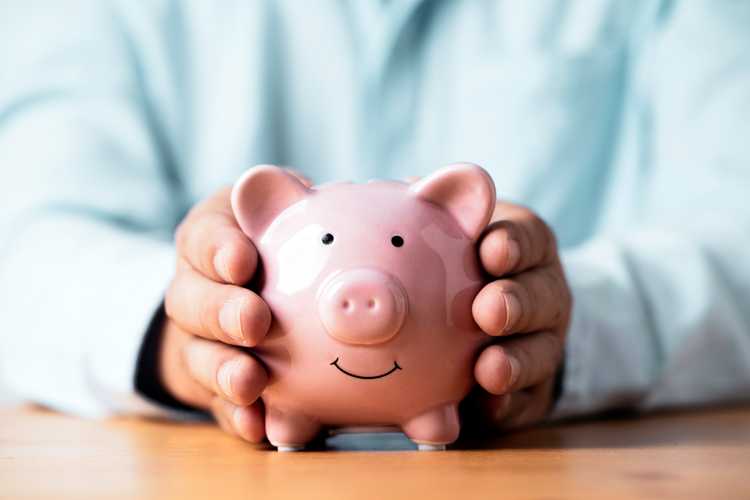
Best Rewards Checking Accounts for February 2025
If you’re one of the many who aren’t funneling money through a rewards checking account, you’re effectively lighting dollar bills on fire.

Joint Bank Accounts: Complete Guide 2025
Joint savings accounts can help make your financial life a lot simpler. But you’re also giving your co-owner a lot of control over your money, so you think about the consequences before opening an account with a spouse, friend or even your child.

Best Debit Cards for Kids in February 2025
Want to teach your child financial responsibility? The best debit cards for kids can help you and your kids learn about money together.

Best Joint Checking Accounts for February 2025
Joint checking accounts allow account holders to pay for shared expenses more easily. The joint checking accounts listed here can get you started.

Best Teen Checking Accounts in February 2025
The best teen checking accounts combine low fees with plenty of helpful features that teens can use to learn money management skills.

7 Best Free Checking Accounts for February 2025
Some of the best free checking accounts can be found at online banks. Learn how accounts compare to decide which one might be right for you.

Business Checking Accounts: How They Work and How to Choose the Right Option
Business checking accounts provide protection and legitimize your enterprise. Here’s why you should separate your business and personal banking.

10 Best Online Checking Accounts in February 2025
Planning to ditch your brick-and-mortar bank for an online bank? This review of the best online checking accounts will help you to do just that.

HSBC Premier Checking Account Bonus Offer: Up to $2,500 If You Can Meet the Requirements
The HSBC Premier Checking account bonus offers up to $2,500 through Nov. 22, but you’ll have to meet strict qualifying criteria.

Best Free Business Checking in February 2025
There is no shortage of business checking accounts. We’ve rounded up some of the best free business checking accounts and reviewed their perks and drawbacks—and who they’re right for.
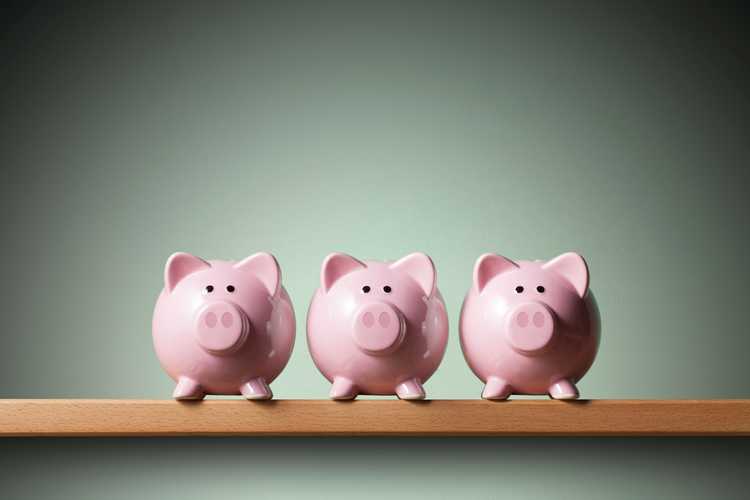
Types of Bank Accounts: Checking, Savings, CD & MMA
There are a few types of bank accounts, and each has pros and cons. Learn about the most common types of bank accounts and how to pick the right one for you.
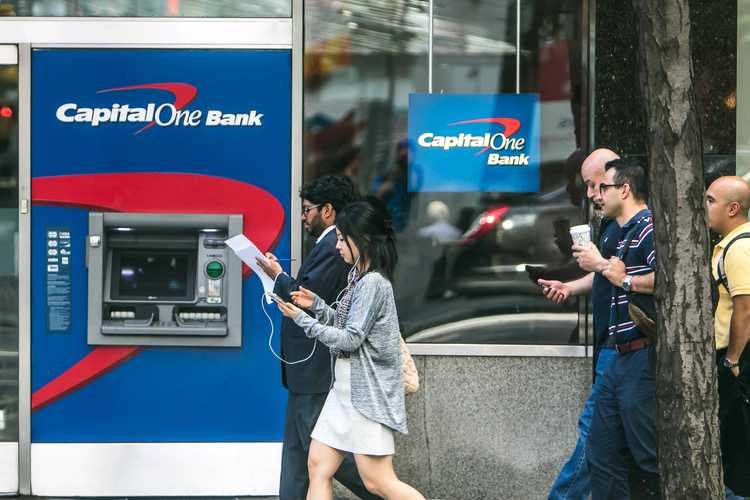
Capital One Bank Review 2025
Capital One is one of the nation’s largest banks. It’s noteworthy for its lack of account fees, attractive APYs, and cafés that offer free WiFI, workspace, and account services.

Bask Bank Review 2025
Bask bank is an online bank that’s a division of Texas Capital Bank, and offers savings accounts and CDs.

What Is a Demand Deposit Account?
Demand deposit accounts are a type of bank account where you can make withdrawals on demand. As a central part of most people’s finances, it’s important to understand how demand deposit accounts work.
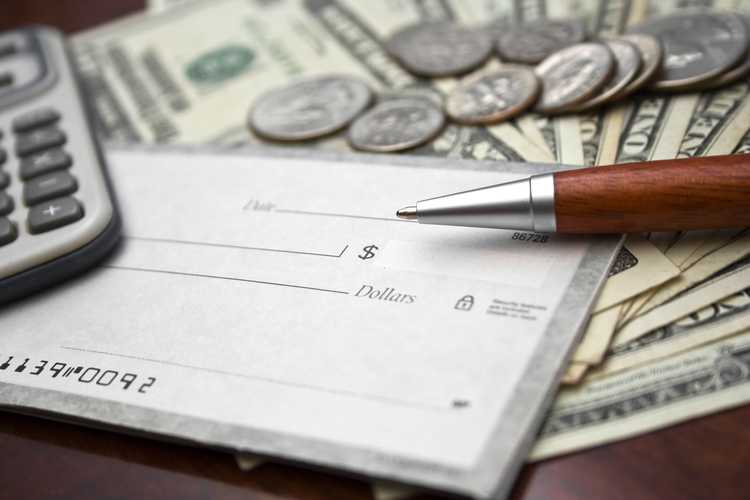
How Much Cash to Keep in Your Checking Account (vs. Savings)
Checking and savings accounts can help you reach different goals. It's important to know how much money you should keep in each one.
1.3936.0+2.11.42
